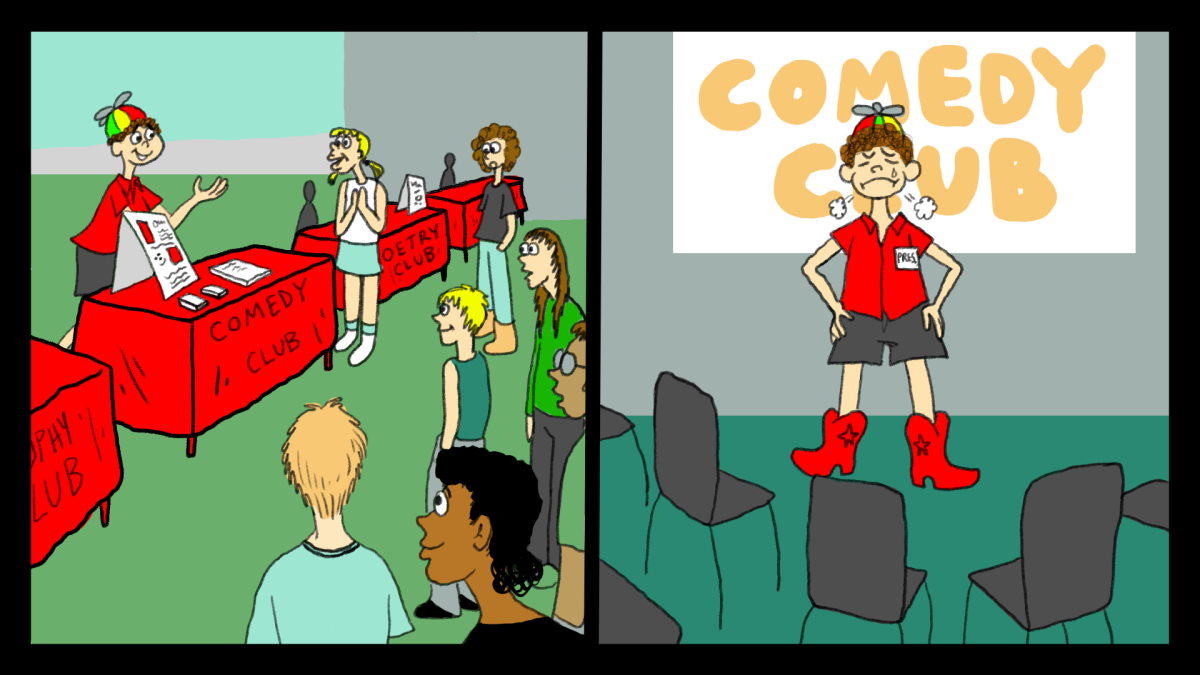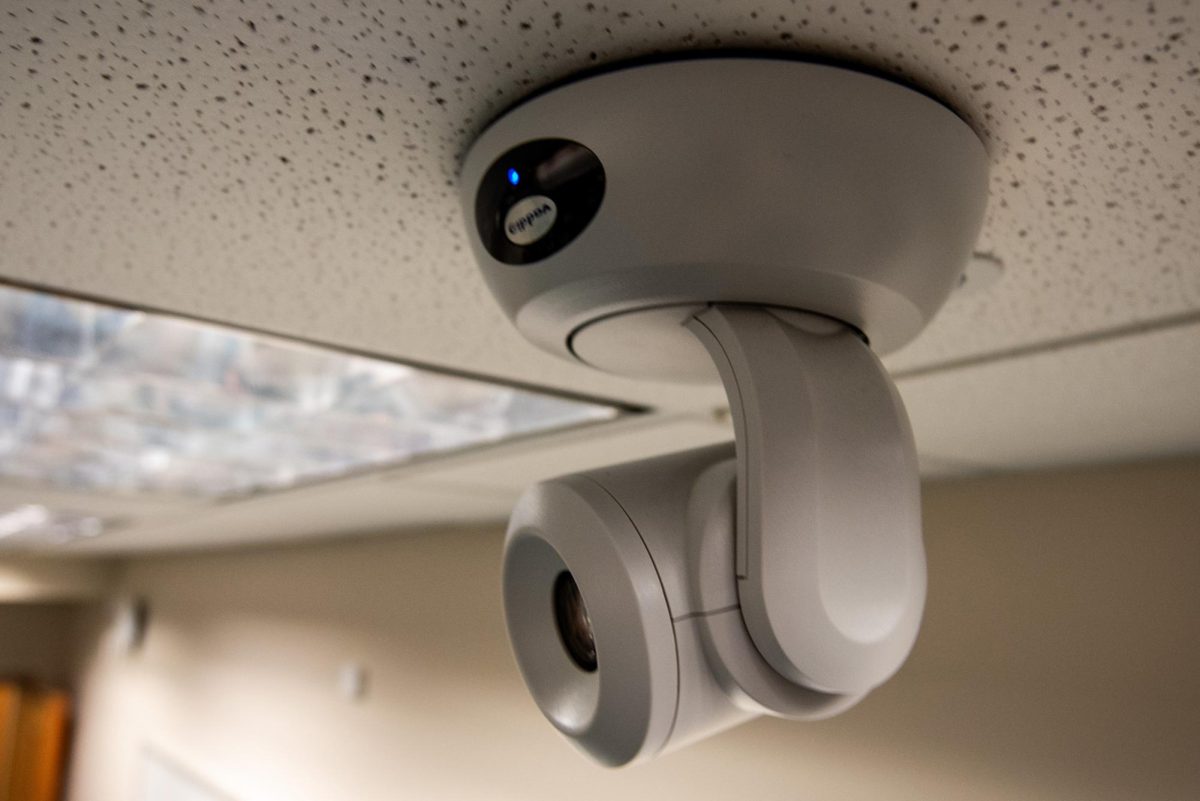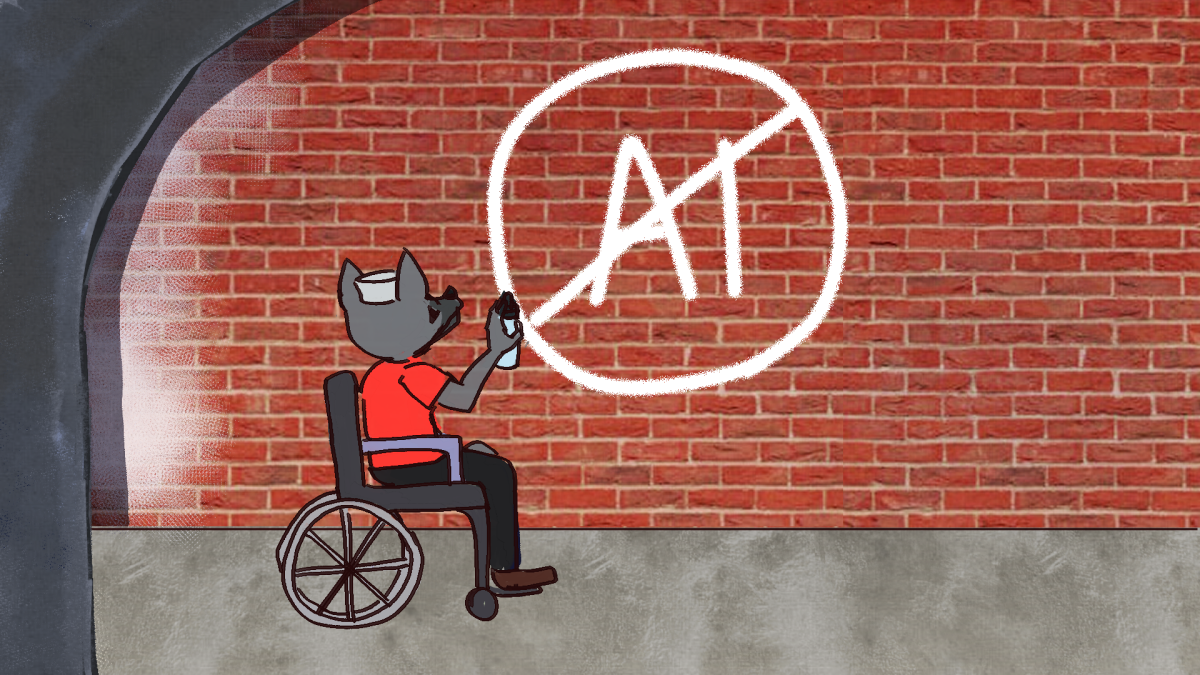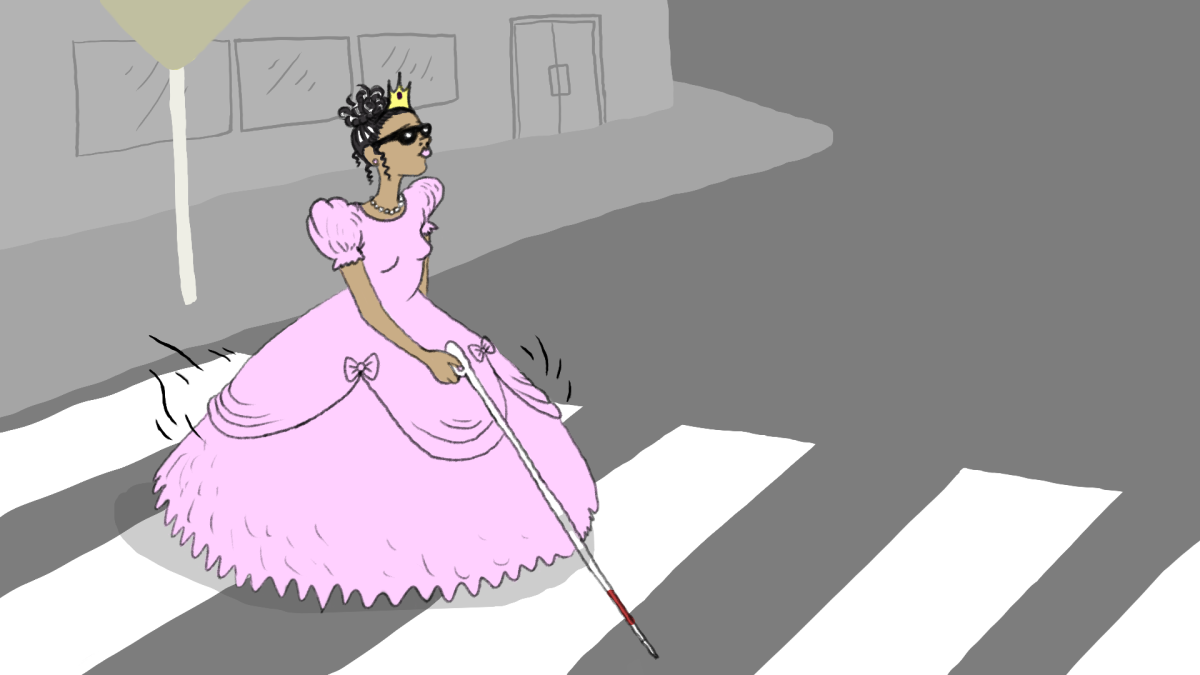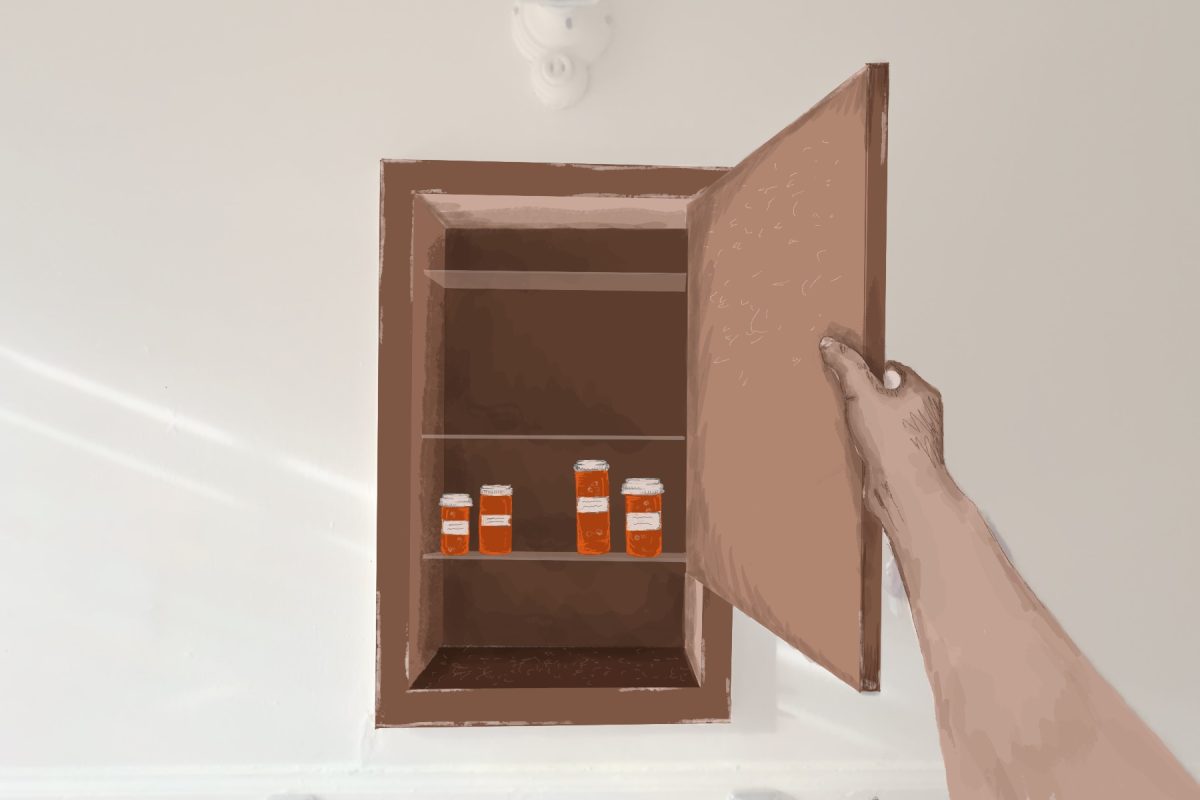Recently, I was sitting next to a friend of mine, William Crumpler, on a rocking chair; our conversation went something along these lines: I popped the question, “What does it mean to be humble?”
He sat for a while in pensive silence before I added, “I ask because you’re the master of humility.”
Bashfully, he responded, “No, I’m not.”
I retorted, “That’s exactly what I meant.”
He chuckled and answered me with his own question: “Well, why do you want to know?”
“All of the other virtues—compassion, prudence, charity—all of those are relatively straightforward. But for me, humility has always been some elusive medium between total self-deprecation and wanton arrogance, and I’ve never been able to quite pin it down.”
“You’re right. It is a rather hard distinction to make. At the end of the day though, it’s all about keeping your ego in check.”
“How does one go about doing that?”
“As you said, the secret is to find a center ground between the extremes. On one hand, it’s perfectly reasonable to take stock of your accomplishments, realize what you have done and occasionally celebrate. That doesn’t make you an egomaniac; that simply makes you a human being looking to build your own identity based off of your actions.”
“Yeah, you wouldn’t want to become one of those people who’s always talking about their awards, scholarships, grades or whatever.”
“As is the case with most things, there is a time and a place. During a conversation, you should never want to try and ‘one-up’ somebody, or steer the course so that it honors your accomplishments. Not only are these actions impolite, but they tend to overinflate your ego.”
“I see. Then on the other hand is the counter force, something that takes you down a few pegs. What helps you manage?”
“I always remember that somewhere out there is someone better than me. Somebody is stronger, smarter or faster than me.”
“But can’t that have the adverse effect of crushing your spirit and making you feel insignificant?”
“Yes, it can. And at times it should. It is okay to doubt yourself. A smug assuredness of where you are in life leads you down a path of arrogance. If you’re ever complacent with yourself, you will never be able to grow. Then what fun is life?”
“I’m following you there. I guess ego is really just a delicate balancing act, teetering between overconfidence and crippling insecurity.”
“You need to find a sense of realism. Humility is taking a good long look at yourself in the mirror and asking: ‘What am I good at? What do I suck at? What do I value?’ Humility is asking those questions to assess where you’ve come from, where you are and where you’re going.”
“I’m following you there. So to be humble is really just to be rather than to seem?”
“That sounds nice, but then again, always keep looking for a better answer.”



